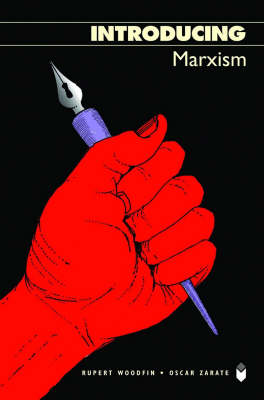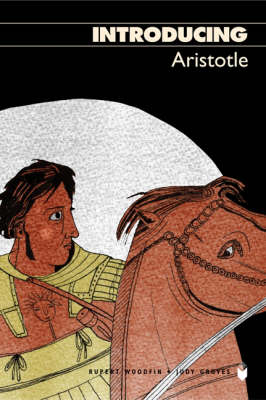Introducing...
2 total works
Was Marx himself a 'Marxist'? Was his visionary promise of socialism betrayed by Marxist dictatorship? Is Marxism inevitably totalitarian? What did Marx really say? Introducing Marxism provides a fundamental account of Karl Marx's original philosophy, its roots in 19th-century European ideology, and his radical economic and social criticism of capitalism that inspired vast 19th-century revolutions. It assesses Marxism's Russian disciples - Lenin, Trotsky and Stalin - who forged a ruthless dogmatic Communism. This book examines the alternative Marxist approaches of Gramsci, the Frankfurt School of critical theory and the structuralist Marxism of Althusser in the 1960s. It marshals postmodern interpretations of Marxism and raises the spectre of 'post-Marxism' in Derrida's confrontation with Fukuyama's 'end of history' doctrine. Marxism is not simply a phantom of the 20th-century Cold War that once inspired terror. It remains a potent ethical force in our postmodern age of uncertainty.
Aristotle was known as the 'master of those who know'. A foundational thinker in every field of inquiry, he is unmatched even by his teacher Plato for his extraordinary range of mind.
Introducing Aristotle guides the reader through an explosion of theories, from the establishment of systematic logic to the earliest rules of science. Aristotle not only composed the first theory of aesthetics, but also developed a rational psychology, a political science and an outline of sociology, giving us the virtue theory of ethics that is still debated today. His contributions to metaphysics - on being, existence, substance and causality - continue to permeate modern philosophy. Certainly, no postmodernist debate is complete without an understanding of the impact of his investigations into dialectics and semiotics.
Aristotle's authority extended beyond his own lifetime to influence fundamentally Islamic philosophy and medieval scholasticism. For fifteen centuries he remained the paradigm of knowledge itself - until 17th-century empiricists attempted to discredit the 'scientific' nature of his methods. But can Aristotelian realism still be used to underpin our conception of the world today?
Introducing Aristotle guides the reader through an explosion of theories, from the establishment of systematic logic to the earliest rules of science. Aristotle not only composed the first theory of aesthetics, but also developed a rational psychology, a political science and an outline of sociology, giving us the virtue theory of ethics that is still debated today. His contributions to metaphysics - on being, existence, substance and causality - continue to permeate modern philosophy. Certainly, no postmodernist debate is complete without an understanding of the impact of his investigations into dialectics and semiotics.
Aristotle's authority extended beyond his own lifetime to influence fundamentally Islamic philosophy and medieval scholasticism. For fifteen centuries he remained the paradigm of knowledge itself - until 17th-century empiricists attempted to discredit the 'scientific' nature of his methods. But can Aristotelian realism still be used to underpin our conception of the world today?

